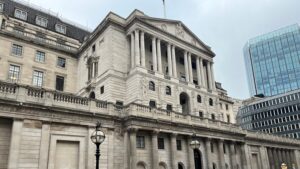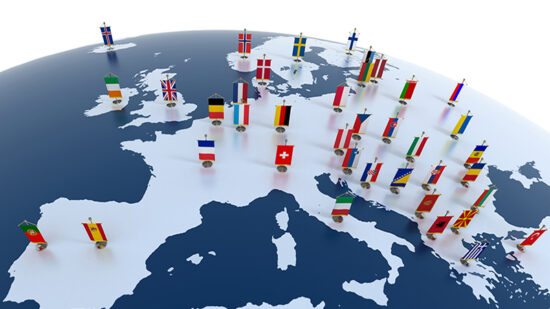Speaking on the Brewin Dolphin Podcast, Bond, manager of the Odey Odyssey Fund, said that while he doesn’t know where it is going to happen, it willl be the next phase of the market.
Within Europe, he said, the ECB is trying to buy two and a half times as many bonds as are going to be freshly issued. And, “if you take coupon flows into account which are mainly reinvested, in cash-flow terms they are trying to buy twelve and a half times what is on offer. Which is impossible to achieve.
“We need to ask some serious questions about whether the ECB is going to be able to accomplish what they want to accomplish in terms of money creation, before they have driven every single yield to minus 20 bps and can’t buy beyond that,” he added.
Currently, he said, he is buying index-linked bonds because ECB QE is going to work to effectively change the environment for inflation and, there are some leading indicators for inflation that are beginning to point upwards.
“Most bond managers logically should be switching out of nominal bonds into index-linked bonds, the predicted inflation rates from these bonds are still way below the ECB’s target, so they are too cheap on relative terms,” he said.
That said, he remains positive overall on the recovery in Europe.
“I see it as year one of a six or seven year gradual return to normality, a cyclical expansion,” he said.
This is in contrast to Odey founding partner Crispin Odey, who Bond says, tends to see [the European recovery] more as an isolated event, a once off move-up in growth that doesn’t really produce the self-reinforcing characteristics that you need to develop a big business cycle.
This difference in views has a lot to do with the way, historically the EU has been a “free-rider” on global growth, Bond says, because, as a bloc, it lacks the type of mechanisms that generate and help these self-reinforcing factors that get the business cycle to work.
“Where I would counter that is, you have had some restructuring, some economic liberalism. There has been enormous pressure from Germany for reform and while they haven’t been dramatic reforms have occurred. You have a better chance now of the EU being able to walk unaided than in previous cycles,” he said.







